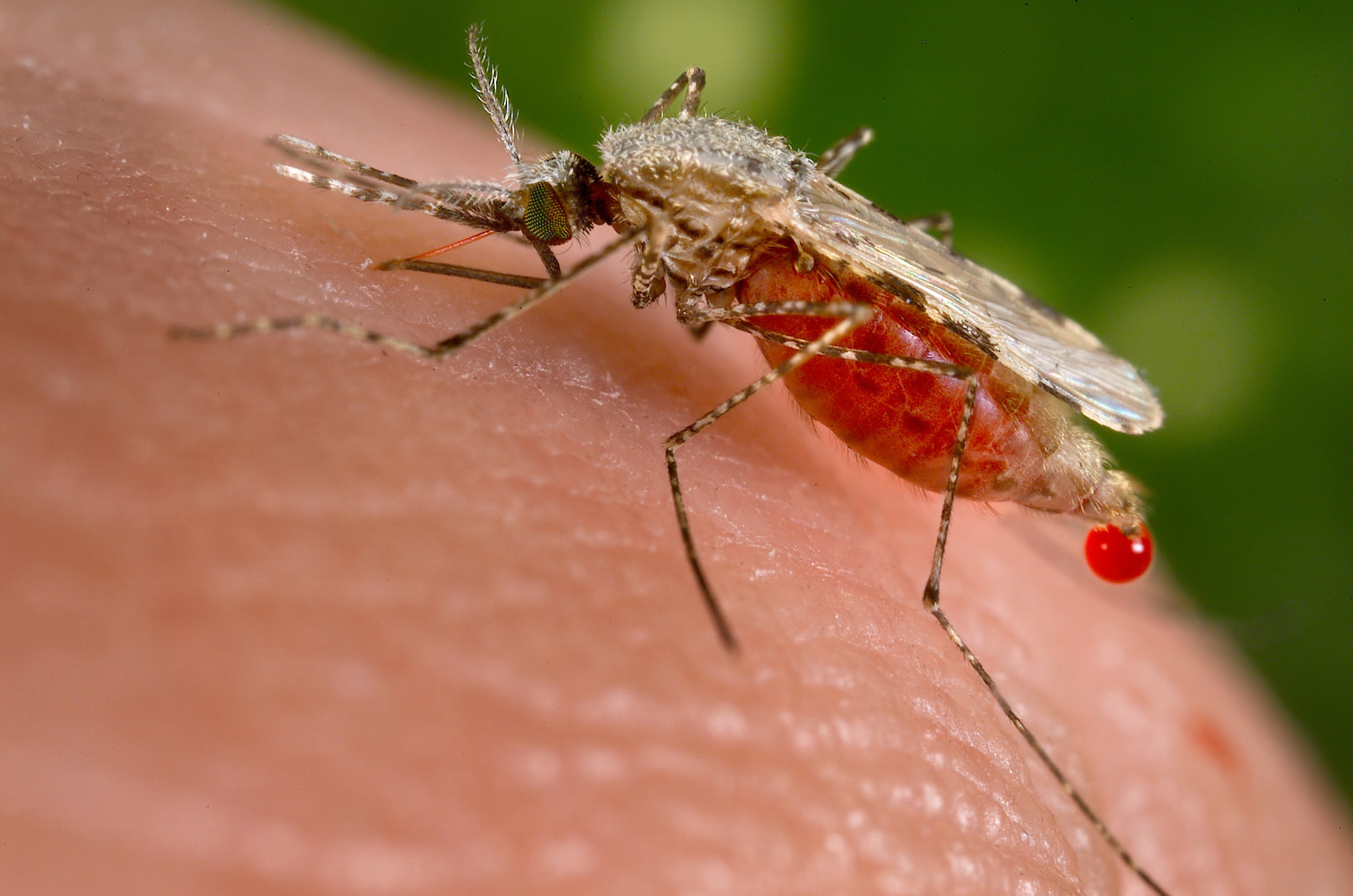This week has seen the first reports of Zika in Florida and new reporting from the US Centers for Disease Control and Prevention (CDC) on Zika in Puerto Rico. The news isn’t good. The number of people infected with Zika increased almost tenfold between February and June this year. According to CDC director Thomas Friedman, “Puerto Rico is in the midst of an epidemic that is spreading silently and rapidly, and every day that passes means more infants at risk.”
Florida is also in the midst of a Zika outbreak. It’s the first state in the contiguous United States to have a local Zika outbreak, meaning that people have been infected with Zika in Florida. Other states have seen Zika infections in people infected overseas, but the victims of the Florida outbreak were infected when they were bitten by mosquitoes at home in Florida. Four people in South Florida have now been infected locally, and that number is only going to increase.
None of this is actually surprising. It is entirely predictable. Zika made it to South America from Africa. It was genuinely inevitable that it would spread to the United States. The disease’s progression through South and Latin America has been clearly mapped. Mosquitoes have no respect for national borders, and Florida has no shortage of mosquitoes. Instead of getting ahead of this obvious threat, however, the US allowed Zika defense to be mired down in political arguments.


Congress failed to allocate funding to prevent the disease. At this point, then, what do we do about Zika?
A two-prong approach is probably best.
First, as long as Zika is active in Central and South America, it’s going to cause periodic outbreaks in the US. This could occur as a result of travelers coming back infected, or infected mosquitoes crossing the border. You can see the same pattern with Malaria and national borders; countries that are largely malaria free see outbreaks from cross-border infections. The US should support the fight against Zika in this region. Supporting nations like Brazil and Haiti in reducing Zika transmission will protect the United States from spillover impacts. When the US supports anti-Zika efforts in South and Central America, it also protects its own interests.
We should also, of course, fight Zika at home. The US has an impressive history of reducing and eliminating domestic public health threats – including mosquito control. Florida, for example, already has an active anti-mosquito effort, especially in the Florida Keys. It is broken into 61 mosquito-control districts with officers who do everything from identifying and eliminating standing water sources to recommending spraying. Largely as a result of these programs, we know that as long ago as 2012, 38% of mosquitoes in the Florida Keys were Aedes aegypti mosquitoes – the kind that can carry Zika. Florida is at clear risk for a rapid increase in Zika virus, but increasing support to state mosquito control programs would make a huge difference. Other states have similar programs in place. Louisiana has a mosquito control association which supports parish-level efforts to control mosquitoes. Texas has a state network of local mosquito control programs that are now doing their best to respond to the threat of Zika.
We can also support domestic efforts beyond mosquito control. Better diagnosis of Zika would allow people who are infected to get better medical care, avoid pregnancy, and avoid being bitten by mosquitoes and spreading the disease. Research toward a Zika vaccine and better treatment for the disease would lead to a reduced health impact of the virus.
Our nation once faced rampant rabies and yellow fever; now yellow fever – also spread by Aedes Aegypti – has been eliminated in the US and rabies is a rare occurrence. We eliminated malaria, another mosquito-borne illness, in 1951. We have the infrastructure and the data analysis to take on Zika in a way that no other affected country can. It’s true, as CDC has stated, that Zika is a very difficult disease to fight. But it’s not impossible.
